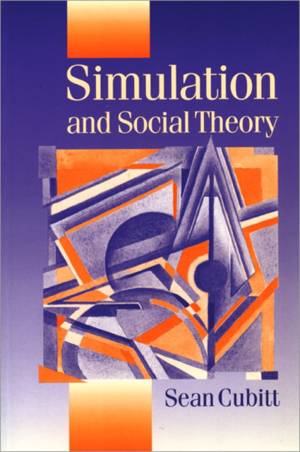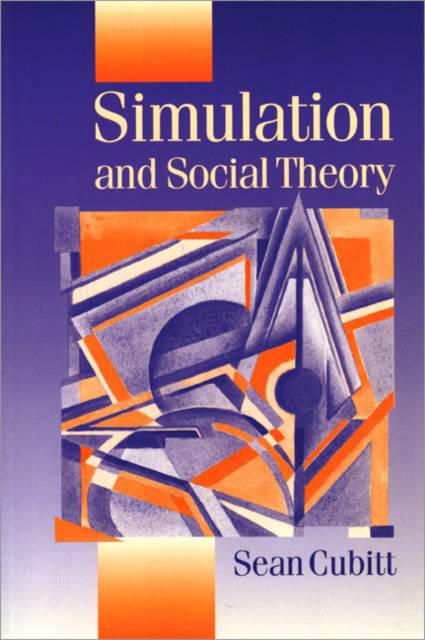
Bedankt voor het vertrouwen het afgelopen jaar! Om jou te bedanken bieden we GRATIS verzending (in België) aan op alles gedurende de hele maand januari.
- Afhalen na 1 uur in een winkel met voorraad
- In januari gratis thuislevering in België
- Ruim aanbod met 7 miljoen producten
Bedankt voor het vertrouwen het afgelopen jaar! Om jou te bedanken bieden we GRATIS verzending (in België) aan op alles gedurende de hele maand januari.
- Afhalen na 1 uur in een winkel met voorraad
- In januari gratis thuislevering in België
- Ruim aanbod met 7 miljoen producten
Zoeken
Omschrijving
This insightful book is the first to critically examine the ideas of some of the key thinkers of simulation. It addresses the work of Baudrillard, Debord, Virilio and Eco, clarifying their arguments by referring to the intellectual and social worlds each emerged from distilling what is important from their discussions. The book argues for a critical and selective use of the concept of simulation. Like the idea of ideology, simulation is a political theory, but it has also become a deeply pessimistic theory of the end of history and the impossibility of positive change. Through a series of reflections on the meaning of theme parks, warfare and computer modelling, Sean Cubitt demonstrates the strengths and limitations of the simulation thesis
Specificaties
Betrokkenen
- Auteur(s):
- Uitgeverij:
Inhoud
- Aantal bladzijden:
- 192
- Taal:
- Engels
- Reeks:
Eigenschappen
- Productcode (EAN):
- 9780761961109
- Verschijningsdatum:
- 22/12/2000
- Uitvoering:
- Paperback
- Formaat:
- Trade paperback (VS)
- Afmetingen:
- 159 mm x 237 mm
- Gewicht:
- 299 g

Alleen bij Standaard Boekhandel
+ 250 punten op je klantenkaart van Standaard Boekhandel
Beoordelingen
We publiceren alleen reviews die voldoen aan de voorwaarden voor reviews. Bekijk onze voorwaarden voor reviews.









